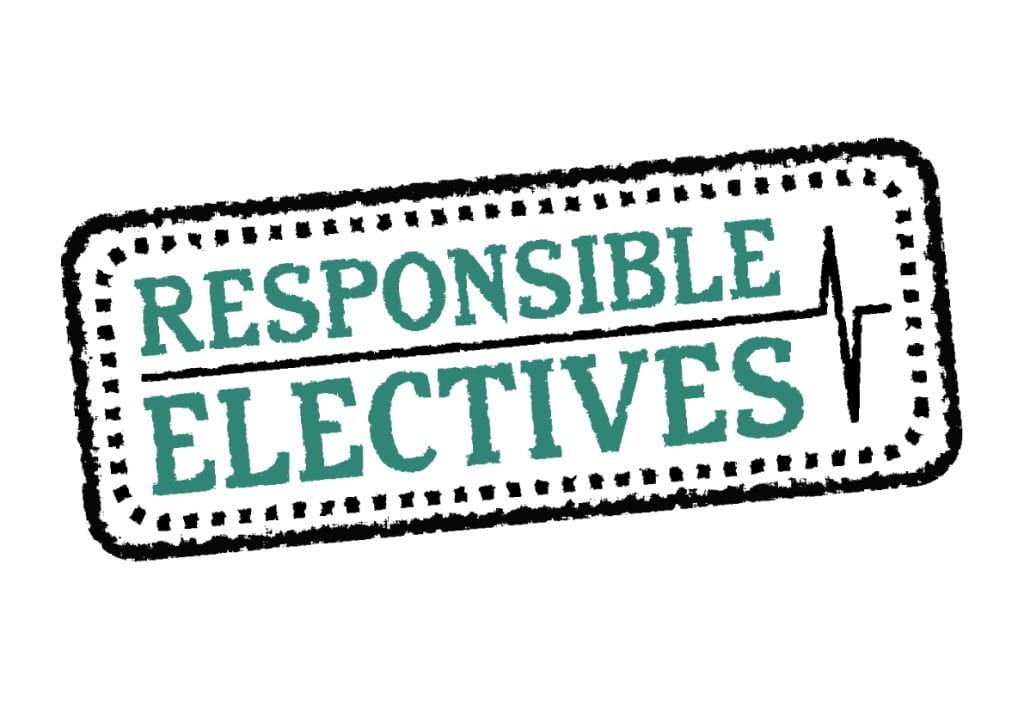
Responsible Electives, with support from Dundee Medical School, has been piloting an alternative arrangement since 2006 in Malawi, using a long-term partnership model. Responsible Electives’ mission is to develop formal partnerships with health institutions in developing countries, link UK medical students with existing overseas partner sites, offer pre-departure training and completion of online preparatory modules, and encourage students to fundraise for the benefit of their host. We wish to optimise the learning students gain, including developing a strong sense of global citizenship, in its broadest sense. Through promoting a more considered and fairer ‘trade’ in electives we seek to ensure the host sites benefit.
Initially based at Kamuzu Central Hospital in Lilongwe and aided by a grant from the Scottish government we placed Dundee students on extended electives under the auspices of Medicine in Malawi Program. The novel ability to extend the elective to 4 months was a draw for some students but too long for others whilst some concerns were expressed about being left with too much responsibility later in their placement. At this stage we were also able to support two students each year from College of Medicine travel to Dundee for a six week UK elective placement. Twelve Malawian students have visited Tayside and their experience proved extremely positive, as evidenced by BMSc student interviews.
Subsequently we established two alternative bases, one in Malawi, one Zambia and continued to offer these placements, with the option for extending from a 6 week to 10 week elective for Dundee students. In conjunction with this we went ‘public’ and invited applications from other UK medical schools in the hope of scaling things up and creating a not-for-profit program of elective placements. Initially the support for this was low and so it continued as a Dundee Medical School programme only.
The interest in Responsible Electives has continued and the desire for electives in Low and Middle Income Countries (LMIC) that address the persisting ethical issues continues to grow from within the student body as well as at institutional level. From 2023 we were delighted to receive some financial input from the ScotGEM and Dundee MBChB programmes which offers greater stability, reciprocity and the option to expand. As such a new site in Rwanda came on board for 23/24 and following the provision of some financial support to renovate their students, the first students have gone to Gahini Hospital. The possibility of creating a national non-for-profit program is currently being explored again.
